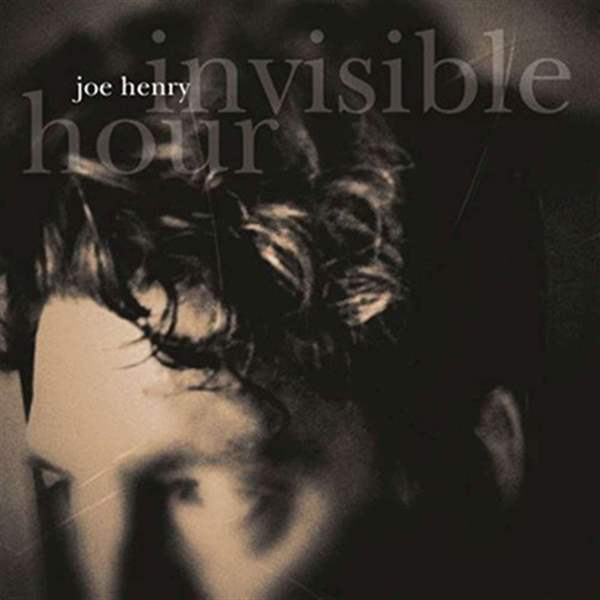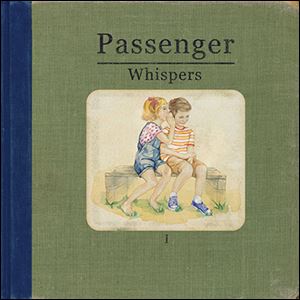
PEACH WEEKENDER
Sounds: Hynde’s first self-billed album lacks distinction
6/19/2014

Chrissie Hynde in a north London recording studio June 10 following the release of her first solo venture, six years after the last Pretenders album.
STOCKHOLM
Chrissie Hynde (Caroline)

It's an awful irony that the most notable thing about the first album Chrissie Hynde is releasing under her own name is its lack of distinctiveness.
After two drug overdoses ended the first lineup of the Pretenders more than 30 years ago, the band essentially became Hynde and whoever came along for the ride. But she always insisted on billing her albums under the Pretenders name. Until Stockholm.
Despite that change, Hynde said this album is as much a collaboration as she's ever made. She wrote and recorded with the Swedish producer Bjorn Yttling of the band Peter, Bjorn and John. Frankly, much of it is generic, bouncy pop-rock, pleasing to the ear and forgotten as soon as it fades out. Distinctive guitar cameos by Neil Young and John McEnroe (yes, that John McEnroe, and he can play!) are wasted.
It could be anyone singing, not one of rock music's most recognizable voices, even though that voice retains its strength. It hurts to hear rock's toughest chick spouting cliches or singing, "Look at me, I'm laughing like a child, and all of it because you're the one."
Hynde's voice is special because it can evoke both off-the-cuff sass and heartbreaking melancholy. There's one good example of each on Stockholm: the danceable single Dark Sunglasses and the lovely Adding the Blue. When her great career is recapped, they'll be the only two things worth recalling from Stockholm.
— DAVID BAUDER,
Associated Press

WHISPERS
Passenger (Black Crow/Nettwerk)
Mike Rosenberg, the man behind the inescapable breakup ballad Let Her Go, is out with a new album that is full of songs that sounds an awful lot like his breakthrough pop hit.
Rosenberg, the British singer-songwriter who performs under the moniker Passenger, has a wonderfully natural voice and his touching guitar approach remains adorable. But there are no gems on Whispers, and his fifth solo album comes off as little more than a rote display of comfort-level songwriting.
Coins in a Fountain challenges the senses right off the bat, opting for an odd blend of world-beat styled percussion and rhythm. The song is full of painfully corny similes dished out in rapid-fire succession. And on the title track, Rosenberg longs for bits of solitude in a world filled with too much of, well, everything. But the poignant message is buried under layer after layer of instruments.
Rosenberg, 30, reached international success when his 2012 song Let Her Go became a surprise hit late last year, peaking at No. 5 in America and selling close to 4 million tracks. His new album, though, seems to borrow too much from what made him a recognizable name, and that's unfortunate.
The singer shines on the single Heart's on Fire. It's a heart-wrenching song about a love torn apart and one person's patience in hoping it will return. Rosenberg sings like he's been there — and means every word.
— RON HARRIS,
Associated Press

INVISIBLE HOUR
Joe Henry (Work Song)
Joe Henry has produced artists ranging from Aaron Neville and Billy Bragg to Me'Shell Ndegeocello and Bonnie Raitt. Yet when he makes his own albums, they sound like no one else.
Invisible Hour is an enchanting 60 minutes of music packaged in 11 songs that reveal their charms slowly. Henry opens with a seven-minute ballad, and a subsequent one runs even longer. Clearly Henry's in no hurry as he expresses his thoughts on the risks and rewards of love.
Hooks are few and the accompaniment is spare, with the thrum of guitar interrupted by occasional spasms of percussion and woodwinds from Henry's son, Levon, who merges the sounds of klezmer, New Orleans and Stravinsky.
Even amid trilling clarinets, the focus remains on Henry's lyrics, which read like literature, with unpredictable rhythms and noun-verb combinations. Hearts wane. Shadows wait. Angels rumble. Days flee.
He sings these words with the timbre of a soul man and scoops into them like a country artist. Henry is both, and neither, producing music beyond category. This is what makes Invisible Hour time well spent.
— STEVEN WINE
Associated Press